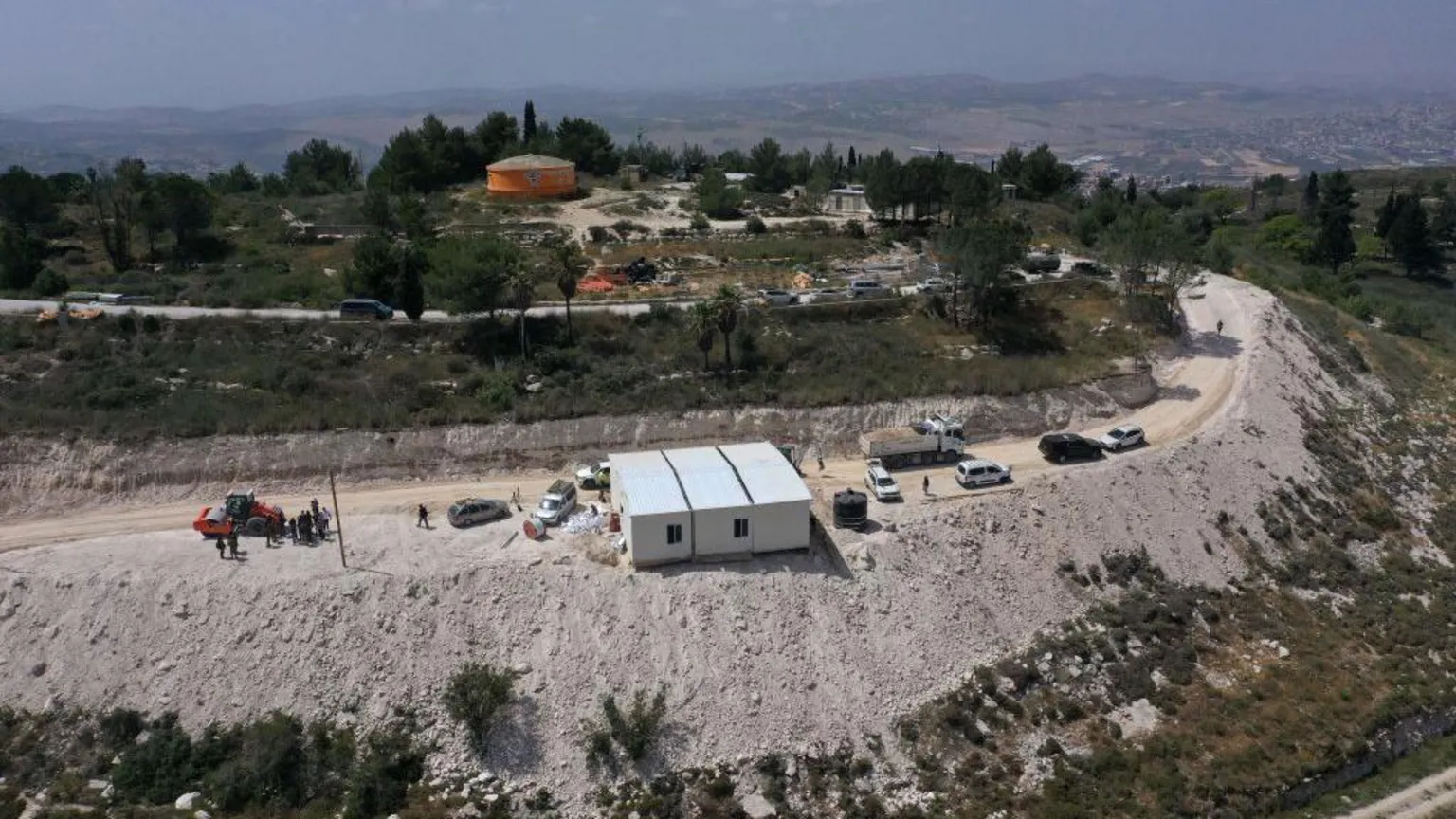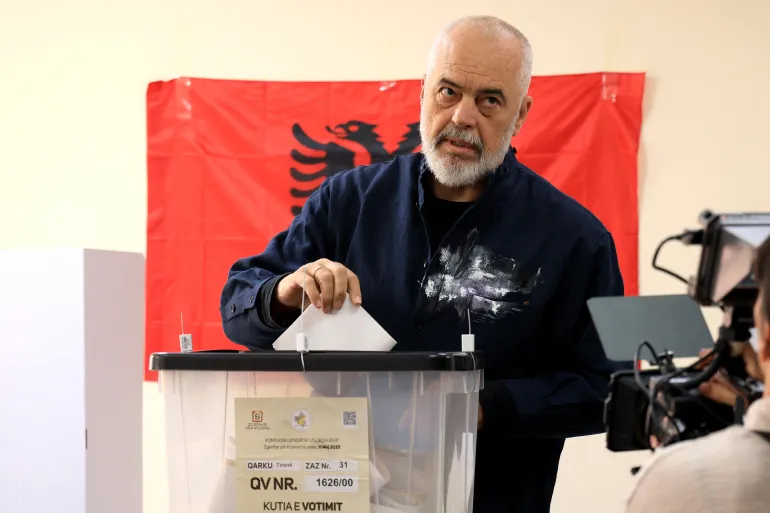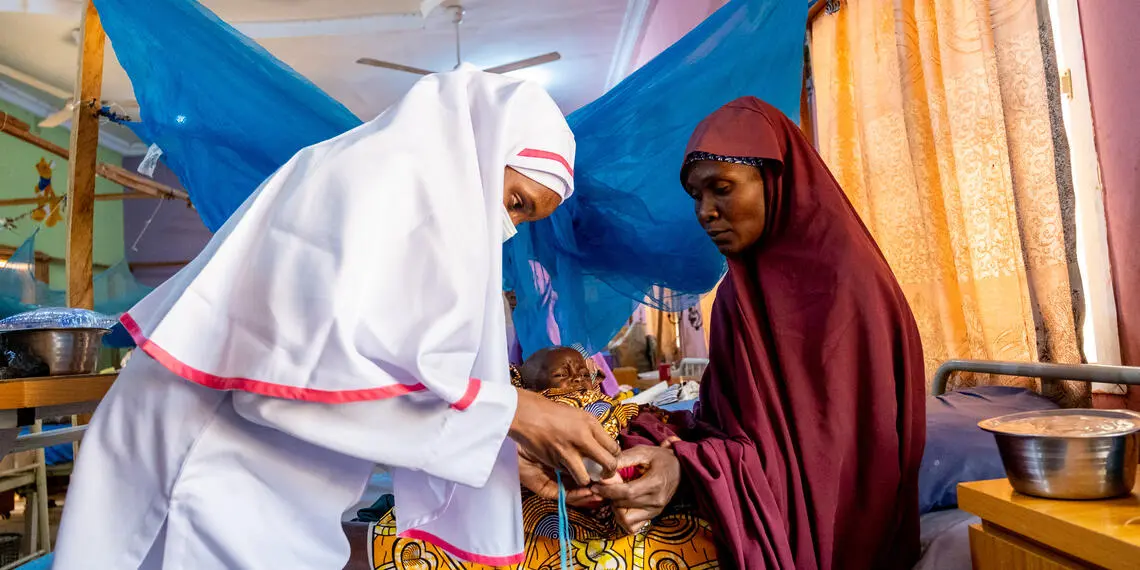The United Nations and global humanitarian agencies have expressed shock and condemnation following an Israeli airstrike on a tent camp in southern Gaza that left dozens of Palestinians dead, including many women and children, in what has been described as one of the deadliest incidents since the beginning of the war.
The strike, which took place in the Tel al-Sultan area near the city of Rafah, reportedly killed at least 45 people, according to the Gaza Health Ministry. Local medics and eyewitnesses stated that the victims were burned alive as tents caught fire after the blast, with horrifying images of charred bodies and bloodied survivors now circulating widely on social media and international news outlets.
The Israel Defense Forces (IDF) confirmed that it had conducted a targeted airstrike in the area, claiming it had killed two senior Hamas militants. However, the extent of civilian casualties has prompted an international outcry. UN Secretary-General António Guterres condemned the incident, describing the situation in Gaza as “hell on earth,” and urged for an immediate cessation of hostilities.
“The images from Rafah are unbearable,” Guterres said in a statement. “Nothing can justify such carnage. Civilians, especially children, must never be the target of military operations.”
Philippe Lazzarini, head of the UN’s Palestinian refugee agency (UNRWA), echoed the sentiment, stating that Gaza is “a place of death and despair,” and reiterated the agency’s call for immediate access to humanitarian aid and the protection of civilians under international law.
The strike comes just days after the International Court of Justice (ICJ) ordered Israel to halt its offensive in Rafah due to fears of civilian harm. Although the ICJ’s ruling is legally binding, it lacks enforcement mechanisms, and Israel has indicated that it considers the operations necessary to target Hamas infrastructure and leadership.
Israeli Prime Minister Benjamin Netanyahu, speaking before the Knesset, acknowledged the airstrike and said the civilian deaths were a “tragic accident.” He asserted that the target was a legitimate military compound and insisted the IDF took precautions to minimize harm to civilians. Nonetheless, Netanyahu said the incident would be investigated.
Global reactions have been swift and intense. France, South Africa, and Turkey issued strong condemnations, while protests erupted in several capitals demanding international accountability. In the UK, Prime Minister Rishi Sunak expressed deep concern and called for both sides to de-escalate immediately.
U.S. President Joe Biden, who has faced increasing pressure from his party’s progressive wing over U.S. support for Israel, described the incident as “deeply troubling” and urged Israel to ensure compliance with international humanitarian law. However, there has been no indication of any shift in Washington’s military or diplomatic backing.
The strike has further crippled already strained humanitarian operations. Aid workers report that makeshift camps in Rafah, home to over 1.3 million displaced people, are no longer safe. Food, medicine, and clean water are critically lacking, and many civilians have nowhere left to flee.
“We are seeing mass displacement without any safe corridors,” said a spokesperson for Médecins Sans Frontières (Doctors Without Borders). “There is no safe place in Gaza.”
Hamas has vowed retaliation and accused Israel of committing a war crime. The group dismissed Israel’s claims of targeting militants as “a cover for ethnic cleansing.”
The war in Gaza, which began after Hamas’s October 7 attack on southern Israel, has now entered its eighth month. The Gaza Health Ministry reports more than 36,000 Palestinian deaths, the majority of them women and children. On the Israeli side, roughly 1,200 people were killed in the initial Hamas assault, and dozens remain hostage in Gaza.
As international outrage grows, pressure is mounting on global powers to mediate a ceasefire and to prevent further escalation. For now, Gaza’s civilians remain trapped in a worsening humanitarian catastrophe, with no clear end in sight.
Source: BBC News



